Cachaça, Brazil's signature spirit, has been captivating the palates of enthusiasts around the world, celebrating its complex flavors and rich heritage. As this sugarcane-based drink gains international popularity, numerous brands have emerged, each offering a unique taste experience. From artisanal producers focusing on traditional methods to modern brands experimenting with innovative techniques, the variety available can be overwhelming. Ready to explore some of the top cachaça brands that are making waves in the spirits industry? Find the list of the best brands below.
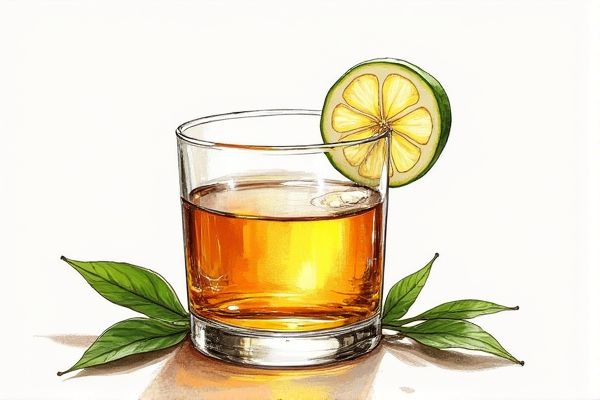
Illustration of cachaça
Best brands of cachaça in 2025
Leblon
Leblon Cachaca, produced by Maison Leblon in Patos de Minas, Minas Gerais, Brazil, is renowned for its artisanal and premium quality, made from hand-harvested sugar cane pressed gently to extract the best sensorial qualities. The cachaca is distilled in traditional copper pot stills and aged for up to six months in French XO Cognac casks, enhancing its smooth finish and fruity nose. Founded in 2005, Leblon has become a global brand, with its products widely available in the United States and other markets. Only 1% of Brazil's cachaca production is exported, but Leblon has successfully penetrated international markets. The brand collaborates with French cognac distiller Giles Merlet to ensure high standards in its production process. For more details about their offerings, visit Leblon's official website.
Novo Fogo
Novo Fogo is a renowned producer of organic cachaca, known for its commitment to sustainability and high-quality spirits. Founded in 2004 by Fulgencio Torres Viruel and Agenor Maccari, the brand was launched in 2010 by entrepreneurs Dragos and Emily Axinte. Novo Fogo's cachaca is derived from sugar cane grown without herbicides or pesticides, manually harvested, and fermented using wild yeast, resulting in a spirit that is USDA-certified 100% organic. The company achieved significant milestones, including increasing production after acquiring Agroecologia Marumbi SA in 2015 and exporting to North America and Europe by 2017. Novo Fogo is also a carbon-negative company, absorbing more CO2 than it emits through its business practices and reforestation projects. Explore their silver cachaca offerings to discover their commitment to quality and sustainability.
Cachaça 51
Cachaca 51 is a leading brand in the global cachaca market, known for its high-quality and best-selling cachaca products. In 2018, Cachaca 51 recorded volume sales of 13.3 million 9-liter cases worldwide, highlighting its significant market presence. Lauded as "Brazil's best selling cachaca," the brand is praised for its clean aroma and sweet, minty flavors. As a key player among the top five global cachaca companies, Cachaca 51 holds a substantial share of the market revenue. Its products are highly rated, earning a 90-point rating from Wine Enthusiast.
Ypióca
Ypioca is the leading premium cachaca brand in Brazil, boasting a 160-year heritage and a strong market presence. It holds an 8% market share of the total cachaca category and is the number 2 brand by value and number 3 by volume. Ypioca dominates the premium cachaca segment with a 62% market share and has seen a 14% five-year CAGR in the premium segment. The brand is part of the Ypioca Group, which was acquired by Diageo in 2012 for $450 million. Ypioca's products, such as Contagota Silver and Gold, are priced above the category average, reflecting their premium quality. For more detailed insights, you can view the Ypioca Fact Sheet provided by Diageo.
Sagatiba
Sagatiba is a notable brand in the cachaça industry, known for its high-quality sugarcane liquor produced in Brazil. In 2011, the brand was acquired by Gruppo Campari for $26 million, highlighting its significance in the market. Sagatiba's cachaça is distilled from sugar cane and has an alcoholic strength of 80 proof, adhering to the technical requirements for cachaça. Although it is not among the top producers by market share, Sagatiba's products are recognized for their traditional and artisanal production methods. The brand's distribution, previously handled by Campari in Latin America, has contributed to its global reach. For more details about Sagatiba Pura, visit their profile on The Liquor Collection website.
Avuá
Avua Cachaca, produced by the fourth-generation family business Fazenda da Quinta in the highlands of Rio de Janeiro, is a renowned brand known for its high-quality, artisanal cachaca. Established in collaboration with New Yorkers Nate Whitehouse and Pete Nevenglosky in 2013, Avua offers several expressions, including the unaged Avua Cachaca Prata and the aged Avua Cachaca Amburana, which is aged for 2 years in Amburana Cearensis wood. This cachaca is distilled from fresh-pressed sugar cane juice, fermented with wild yeast for less than 24 hours, and pot-distilled once. Avua cachacas are bottled between 38% and 54% ABV and may include up to six grams of added sugar per liter. The brand is known for its unique aging processes using various native South American woods.
Velho Barreiro
Velho Barreiro is a renowned brand in the production of cachaca, a spirit native to Brazil, with a history dating back to 1909 when it was founded by Paschoal D'Abronzo. The brand is known for its high-quality cachaca, produced in a sugar cane factory in Sao Paulo, using fresh pure cane juice from specific sugarcane varieties like RB 85 5156 and RB 86 7515. Velho Barreiro's annual production is significant, with around 86.4 million units produced each year. The brand offers various products, including the ultra-premium Velho Barreiro Platinum, which is aged in Jequitiba wood barrels and is valued at approximately $180,000. Velho Barreiro's cachaca is highly regarded for its sensorial profile and is a key player in the Brazilian cachaca industry. You can explore their offering of Velho Barreiro Cachaca Silver for more insights into their product array.
Pitu
Pitu is one of the most renowned and beloved cachaca brands in Brazil, known for its authentic and high-quality spirit made from the juice of newly harvested sugar cane. Founded in 1938 in Pernambuco, Northeast Brazil, Pitu has become the second most consumed cachaca in the country and is recognized globally, with exports to over 50 countries since the 1970s. In 2020, Pitu generated volume sales of 11.8 million 9-liter cases worldwide. The brand is particularly famous for its role in the traditional Brazilian cocktail, Caipirinha, and is bottled at 40% alcohol by volume. Pitu's production is part of a larger industry where 98% of national cachaca production is handled by small and medium producers.
Germana
Germana is a prestigious brand renowned for producing high-quality, handmade cachaca, with all production phases, from sugarcane harvest to bottling, done entirely by hand. The sugarcane used comes from 15 hectares of their own pesticide-free fields, and the fermentation process involves a natural process with a small amount of corn, resulting in a distillate with an ABV of 52-54%. Germana cachaca is aged in various wooden barrels, including used whisky, French wine, and cognac barrels, as well as Brazilian wood barrels like Balsamo and Umburana. Their products, such as Cachaca da Palha and Germana Brasil, are aged for 2 to 5 years and have received numerous awards. Germana cachaca is known for its diverse and complex flavor profiles, making it a favorite among connoisseurs.
Salinas
Salinas, recognized as the World Capital of Cachaca, is renowned for its high-quality cachaca production, with over 60 brands and an estimated annual production of around five million liters. The municipality boasts 24 registered cachaca establishments, accounting for 4.8% of Minas Gerais' total cachaca production, which itself represents 78.7% of Brazil's national production. Salinas is home to iconic brands such as Havana-Anisio Santiago, recognized as Intangible Cultural Heritage, and other successful brands like Boazinha, Saliboa, and Seleta. The region's economic significance is highlighted by the fact that about a third of the ICMS revenue comes from cachaca production, with producers in Salinas earning 26.8 million reais in 2012, a 9.24% increase from the previous year. The use of traditional sugarcane, Brazilian wood for aging, and local yeast contributes to the unique quality of Salinas' cachaca.










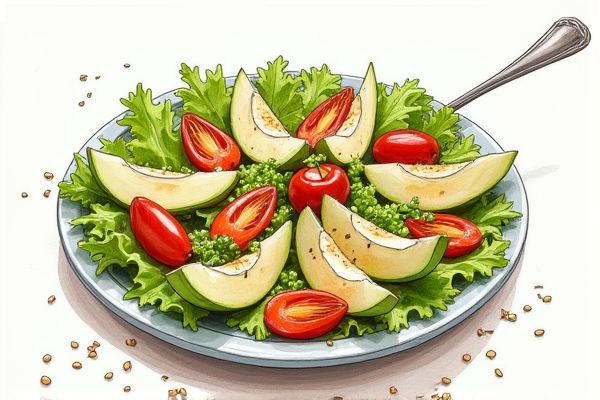

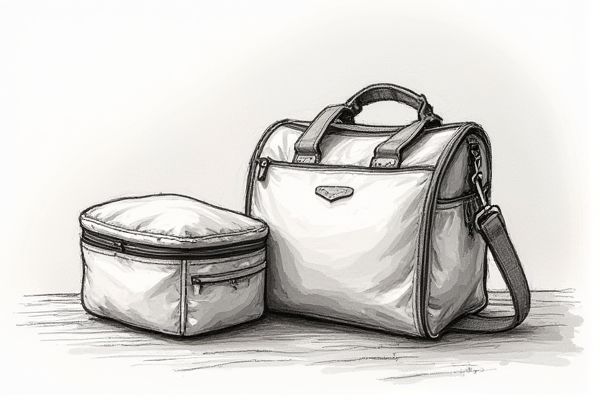
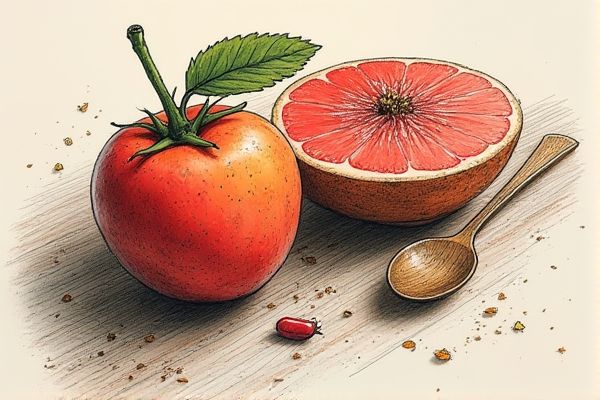

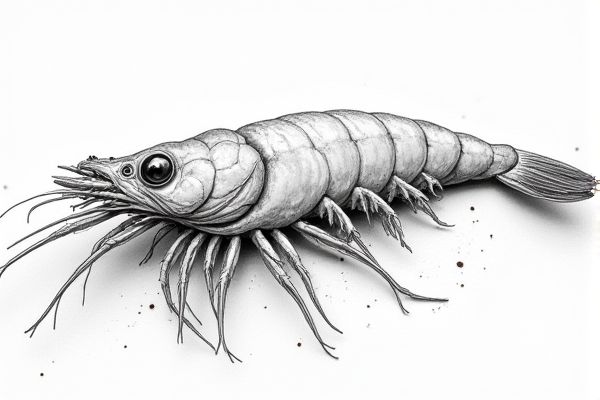
Leave a Reply
Your email address will not be published.